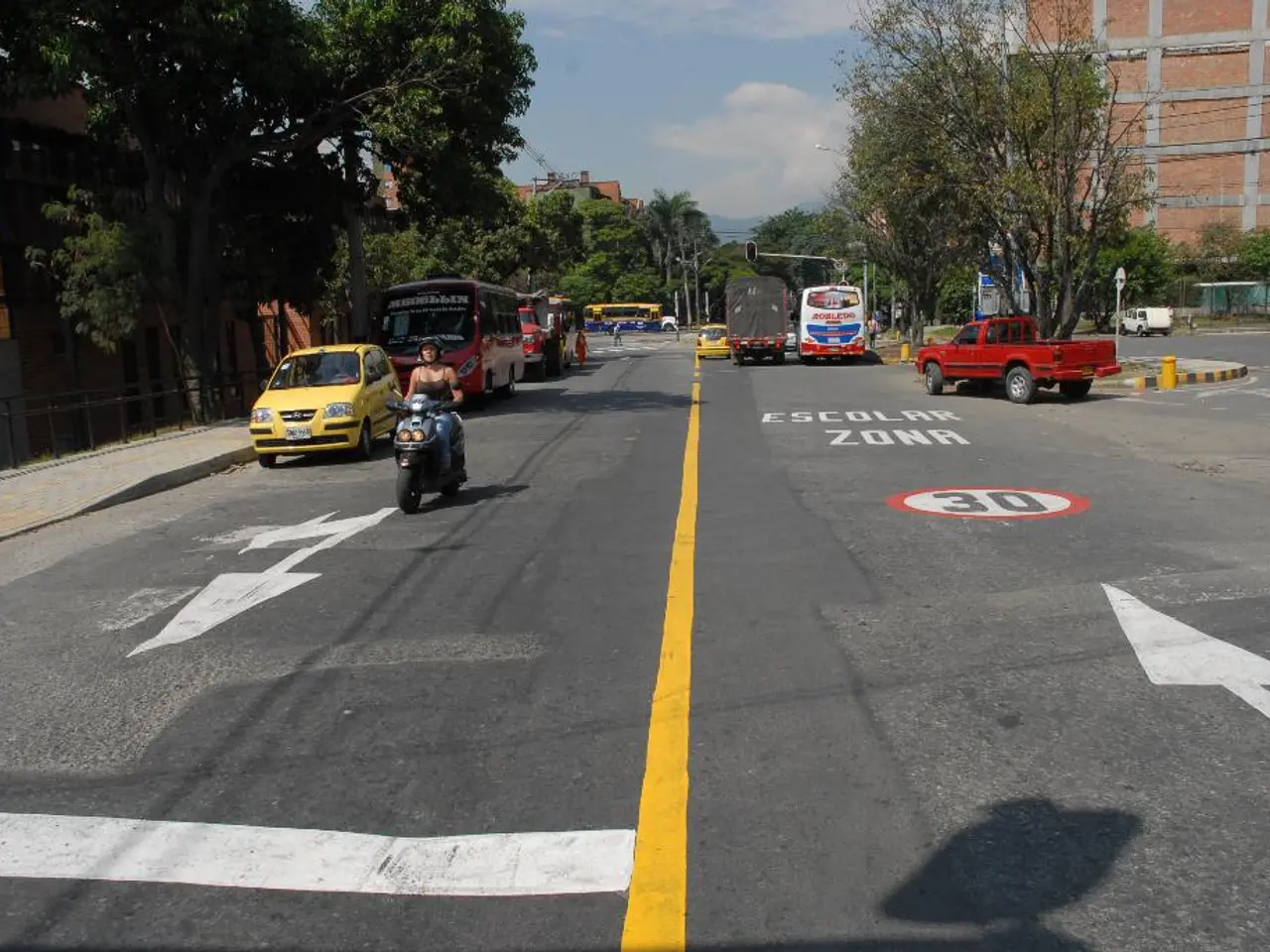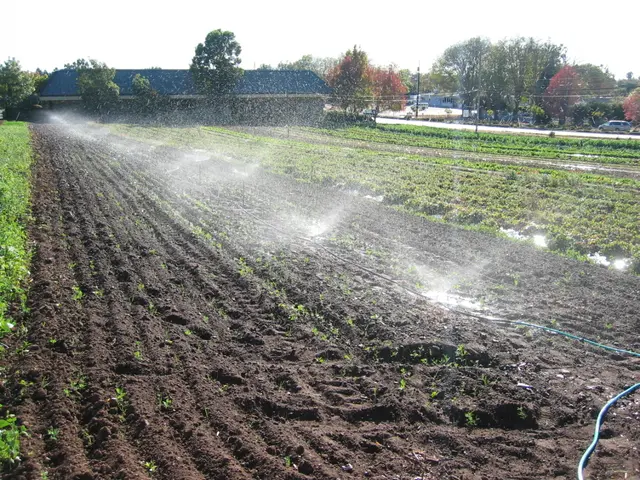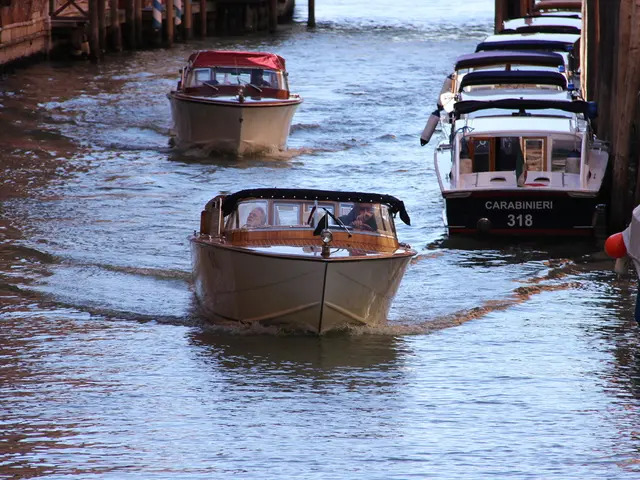Politicians Need to Focus on Citizens' Everyday Issues, argue Sisters
In the midst of the recent debates surrounding the appointment of Judge Frauke Brosius-Gersdorf, it's essential not to overlook the significant initiatives underway in Mecklenburg-Vorpommern, as led by Minister President Manuela Schwesig. These initiatives are making a tangible impact on people's everyday lives, according to Schwesig.
One of the key infrastructure projects is the Wolgast Bypass Project, designed to alleviate severe traffic congestion on the B111 route to the island of Usedom. The bypass will redirect traffic around the town of Wolgast, easing bottlenecks near the Peene bridge and protecting the historic center. The project includes constructing a unique cable-stayed Peenestrom bridge, with construction costs rising from an initial 140 million euros to over 500 million euros. Completion is expected by 2028.
Another notable initiative is the Renewable Energy Expansion – Kentzlin Solar Park, commissioned by the MET Group. This solar photovoltaic park already feeds electricity into the German grid and is expected to produce around 13 GWh annually, powering about 3,600 households. This project is part of MET Group’s and the region’s broader push towards renewable energy and energy transition.
The regional government has also announced funding of €2.8 million for a hydrogen storage initiative in Rostock, supporting Mecklenburg-Vorpommern's transition to sustainable hydrogen infrastructure.
Schwesig believes that these initiatives, including the economic stimulus package and the special fund for infrastructure, are crucial for addressing local concerns and regaining trust in politics and democracy. The special fund is intended for renovating schools and roads, and the economic stimulus package is designed to focus on visible improvements in people's everyday lives.
Schwesig continues to advocate for politics to focus more on the everyday issues of the people. She expresses confidence that the government will continue to work on these initiatives, despite any challenges that may arise. Schwesig aims to regain trust in politics and democracy through these visible improvements.
In conclusion, under Schwesig's leadership, Mecklenburg-Vorpommern is making strides in solving traffic congestion, enhancing transport infrastructure, and supporting the transition to renewable energy and hydrogen technologies. These initiatives are not only important for the region's growth but also for regaining trust in politics and democracy.
Read also:
- United States tariffs pose a threat to India, necessitating the recruitment of adept negotiators or strategists, similar to those who had influenced Trump's decisions.
- Weekly happenings in the German Federal Parliament (Bundestag)
- Southwest region's most popular posts, accompanied by an inquiry:
- Discussion between Putin and Trump in Alaska could potentially overshadow Ukraine's concerns








